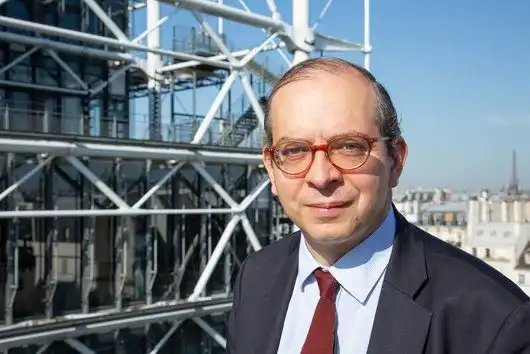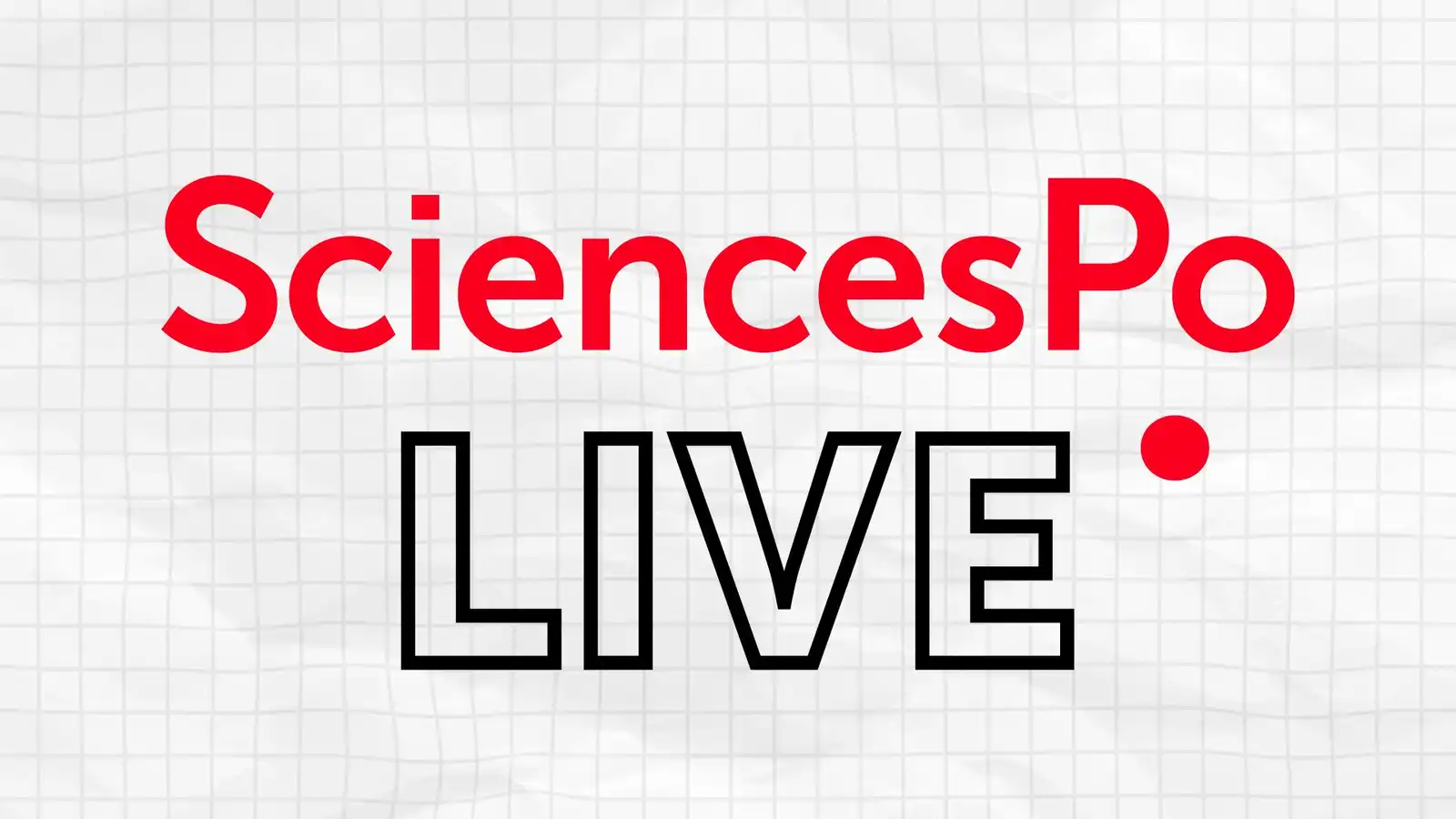
Home>Academics>Two-Year Master's Programmes>The 11 Policy Streams of the Masters>Master, Policy Stream: Cultural Policy and Management
Master, Policy Stream: Cultural Policy and Management
Information Sessions: Masters

Discover all the Master's programs and admissions procedures during our many webinars and YouTube Live dedicated to future applicants.
In order to fit with the sector's job market, the programme is based on a comparative approach and offers two different tracks:
- a French track, entitled Culture (fr.), taking into account the specificities of the French job market;
- an English track, described below, preparing for global careers.
General Objective of the cultural policy and management stream
The policy stream Cultural Policy & Management focuses on the cultural issues of public policy. It has been specifically designed to prepare the next generation of key players in cultural policy-making, cultural organizations leading or cultural projects managing, at local and global levels. Developed in close consultation with cultural institutions and actors of the creative economy, the degree prepares students to careers in public, private or the non-profit sectors.
The programme has been designed to explore all the connections between culture and public affairs in today's changing and fast-moving world.
By questioning the place and the value of culture in the global and sustainable economy, it intends to make students able to deal with the new digital challenges in line with a public policy that serves the common good.
By confronting students with concrete aspects of cultural project management, it offers students a unique opportunity to face with the cultural sector job market needs as well as the essential skills to hold positions at the decision-making levels.
To take up these challenges, our programme mixes theoretical knowledge in social sciences and practical exercises of project management. Betting on the advantages of learning by doing, it also emphasizes innovative pedagogical methods, offering case studies, workshops and "simulation" formats.
Specific courses of the Cultural Policy and Management Stream
- Comparative cultural policies
- Creative industries: the new challenges
- Culture & arts economics
- Comparative cultural property law
- Fundraising & management of the cultural sector
- Marketing of the cultural organisations & the creative industries
During the two semesters, students will also choose courses from a wide list of electives in order to personalize their curriculum according to their own professional objectives.
Be aware that students do not have priority over the electives attached to their initial specialization: regardless of the choice of policy stream, they are welcome to choose among the wide list of electives offered by the School of Public Affairs.
Students will also be involved in an innovative policy stream project. The workshop “Culture in Global Cities” aims to embrace the complexity of the links between culture and sustainable urban development while training students in future cultural group projects’ management.
Once or twice a semester the stream also organizes a cycle of masterclasses whose purpose is to bring cultural directors, managers, broadcasters and artists together.
The educational goals are :
- To show students how we shape and manage a cultural project nowadays (in terms of financing, broadcasting, internationalising)
- To provide students with tools to dialogue with artists as cultural projects manager or policy-maker.
The masterclasses are an integral part of the students' curriculum. They deal with essential issues of the Master which cannot be questioned by another way than a direct contact with the work of art and the communication with the artists.
Reviews of the latest masterclasses by the students of the policy stream:
- Masterclass with Mohamed Mbougar Sarr and Philippe Rey (April 2023)
- Masterclass with Marina Chiche and Eva Nguyen Binh (March 2023)
- Masterclass with the Dardenne brothers (September 2022)
- Masterclass with the Obvious collective (April 2022)
- Masterclass with Alice Diop (March 2022)
- Masterclass with Clara Dupont-Monod and Manuel Carcassonne (March 2022)
- Masterclass with Steve McCurry (December 2021)
- Masterclass on Les Indes galantes (November 2021)
- Masterclass with Patrick Chamoiseau (October 2021)
Course programme of the Cultural Policy and Management Stream
Master in Public Policy - Cultural Policy and Management stream:
Master in European Affairs - Cultural Policy and Management stream:
Career Opportunities after the Cultural Policy and Management Stream
Graduates from the policy stream Cultural Policy & Management pursue careers in a variety of important positions related to cultural policy-making, cultural organizations leading or cultural projects managing in the public sector (local or national organizations), the private sector (companies and foundations working in the field of culture, consultancy, cultural sponsorship, private-public partnership) or non-governmental organizations.
The English Track has a specific emphasis on international careers and marketing of the creative industries.
Career opportunities after the Cultural Policy and Management stream
Scientific Advisor

Laurent Le Bon - President of the Centre Pompidou
Laurent Le Bon first worked as a General Curator for Heritage in charge of public commissions within the Plastic Arts Delegation of the Ministry for Culture and Communication until 2000, when he became a curator at the Musée National d'Art Moderne, Centre Pompidou, until 2010. He curated some fifty exhibitions and wrote the associated publications, including "Dada" at the Centre Pompidou (2005-2006), "Jeff Koons Versailles" at the Palace of Versailles (2008), "Gardens" at the Galeries Nationales du Grand Palais (2017), "Dioramas" at the Palais de Tokyo (2017) and "Picasso. Blue and Pink" at the Musée d’Orsay (2018-2019). From 2008 to 2014 he was the Director of the Centre Pompidou-Metz, where he curated the exhibitions "Masterpieces?" and "1917". From June 2014 to July 2021, he was President of the Musée National Picasso-Paris.
Contact
- Academic advisor: Sybil Gerault
- Academic assistant: culture.eap@sciencespo.fr
